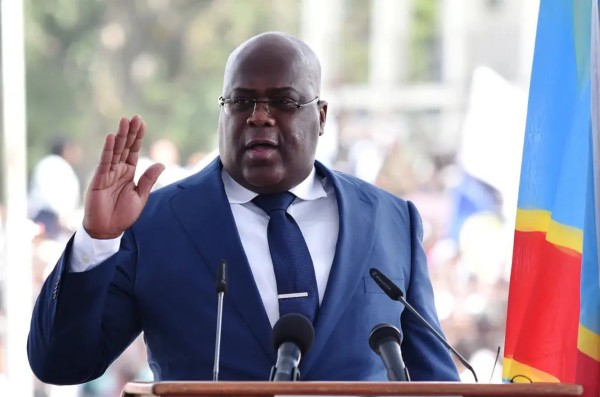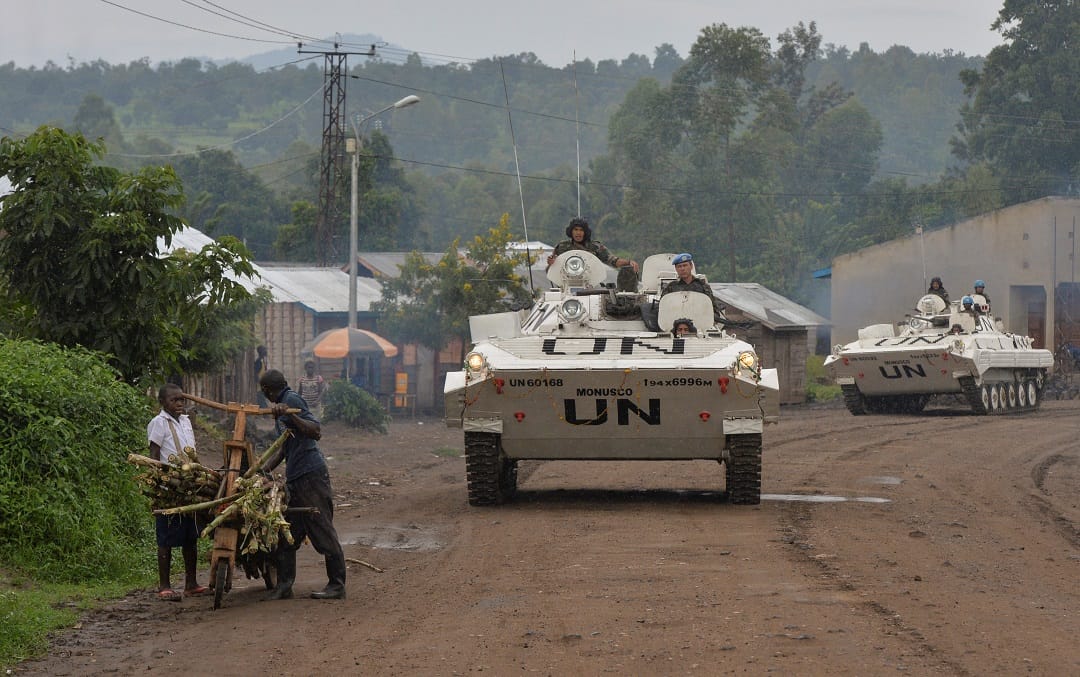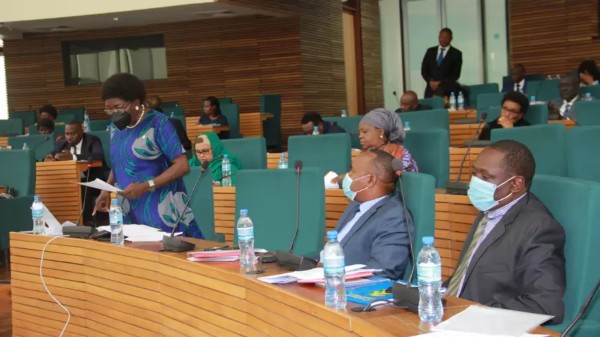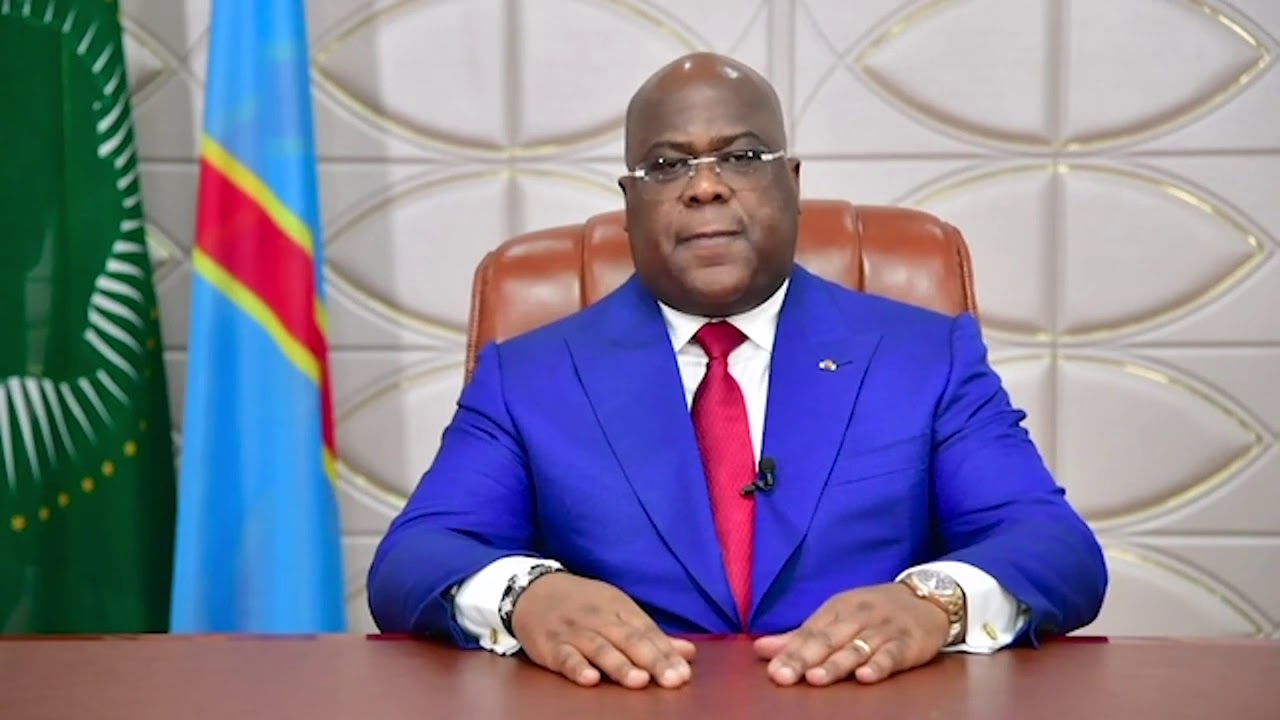Regional
Tshisekedi headed in wrong direction

The
Democratic Republic of Congo (DRC) President, Félix Antoine Tshisekedi, was
elected on January 25, 2019, under a coalition of political parties, the Sacred Union of the
Nation. Tshisekedi was announced winner with 38.57 percent of the vote, while his closest
challenger, Martin Fayulu, garnered 34.8 percent, according to the electoral Commission.
Fayulu dismissed the results
announced by the Independent National Electoral Commission (CENI) as “a true electoral coup.” He declared that “the results have
nothing to do with the truth of the ballot box,” in an interview with Radio
France Internationale, calling on observers to publish the real results. There
was suspicion that Tshisekedi had struck a power-sharing deal with former
president Joseph Kabila, whom he described as “an important political partner.”
Later, the then Prime Minister Sylvestre
Ilunga, who was Kabila’s ally was dismissed, causing Kabila to withdraw his
political party, the Common Front for Congo (FCC), from
Tshisekedi’s governing coalition. It sparked clashes in the capital Kinshasa.
Fast forward, Tshisekedi is now strategizing
for a second term re-election in December 2023, amid fears of internal
contradictions and challenges that have led him to commit catastrophic mistakes
likely to make him a one term president.
The Coalition that propelled him to power
seems to be crumbling and his popularity is steadily waning. Although
Tshisekedi is the commander in chief of the armed forces, he has one biggest
fear within the army. He is not in control of some Generals of the Mobutu era
and those allied to Kabila. Some of the untouchable Generals are implicated in
corruption deals with armed groups in eastern DRC that the government is meant
to fight.
In order to boost his popularity, Tshisekedi has taken a suicidal option. He is playing the anti-Rwanda sentiment of the Congolese population. It is a devilish tactic played by his predecessors. Tshisekedi who started well, as a progressive president, has allowed his government officials, security organs, and Congolese masses to openly attack Congolese Tutsi and Rwandophones, through hate speech and using machetes to kill them. Incitement to commit genocide is openly done by police and military officers. Very disturbing pictures of Congolese Tutsi women being beaten and stripped naked by mobs, a shameful dehumanizing act, have gone uncondemned. According to African culture, mothers are to be respected and not treated in such an embarrassing way. African cultural beliefs consider such acts as bad omen. Probably the Tshisekedi government may be nearing a bad end.
Even the clergy who are supposed to preach
God’s love for all humanity without discrimination, joined the anti –Tutsi rhetoric.
Bishop Kabundi Walesa of the Walesa Centre de Reveil Spirituel or Walesa
Ministries, was seen before hundreds of his congregation, in full military
attire, preaching anti-Tutsi messages.
Tshisekedi’s
political party – the Union for Democracy and Social Progress (UDPS), deployed its youth militia, the Brigade
Special De L’UDPS Force Du Progres, to hunt and kill all the Tutsi in DRC. This
looks like a well-played out replica movie, of how the genocidal government in
Rwanda, in 1994, used the then ruling party – MRND – youth militia known as
Interahamwe to commit the genocide against the Tutsi. More disturbing is the
silence of the international media in the same way it did when the genocide
against the Tutsi was happening in Rwanda.
Tshisekedi has resorted to employing the FDLR,
a terror group that committed the genocide against the Tutsi in Rwanda in 1994,
to help his weak government army (FARDC), fight against the M23 rebels in
eastern DRC. The action by Congolese authorities is a breach of international
law. Ironically, the UN forces – MONUSCO which is on the ground knows about
this evil alliance, and has decided to be part of the problem.
Tshisekedi refused to recognise the M23 rebellion
as an internal governance failure, to which he must find a solution. Instead,
he blames it on neighbouring Rwanda. The M23 are Kinyarwanda speaking Congolese.
They took up arms to fight for their rights to live in DRC as legitimate
citizens who must coexist with others without discrimination and being endlessly
persecuted. Expelling high ranking
Congolese Tutsi officers from the army has created more tension within FARDC.
In
December 2013, the DRC government and M23 rebels signed a peace agreement in the Kenyan capital,
Nairobi. The DRC Government and M23 signed declarations reflecting the
consensus reached during the Kampala Dialogue on steps necessary to end the
armed activities of the M23, towards long-term stability, reconciliation and
development in the country, reads a joint ICGLR-SADC final communiqué. It is
ironical to see that Tshisekedi opted to close M23 out of the Nairobi peace
talks, calling the rebels a terrorist organization, yet, the government signed
a deal with them that was never implemented.
Killing the Tutsi and
using Rwanda as a scapegoat for insecurity in eastern DRC will not help Tshisekedi.
The problem of
eastern DRC which harbors more than 130 rebel groups is a reflection of
governance failure to address the root causes of insecurity. The antidote includes
recognizing Congolese Tutsi as legitimate citizens with full rights to settle
peacefully in their country. Tshisekedi should play his political cards without
dripping his hands in the blood of innocent people who did not choose to be who
they are.





.jpg-20220613124920000000.jpg)